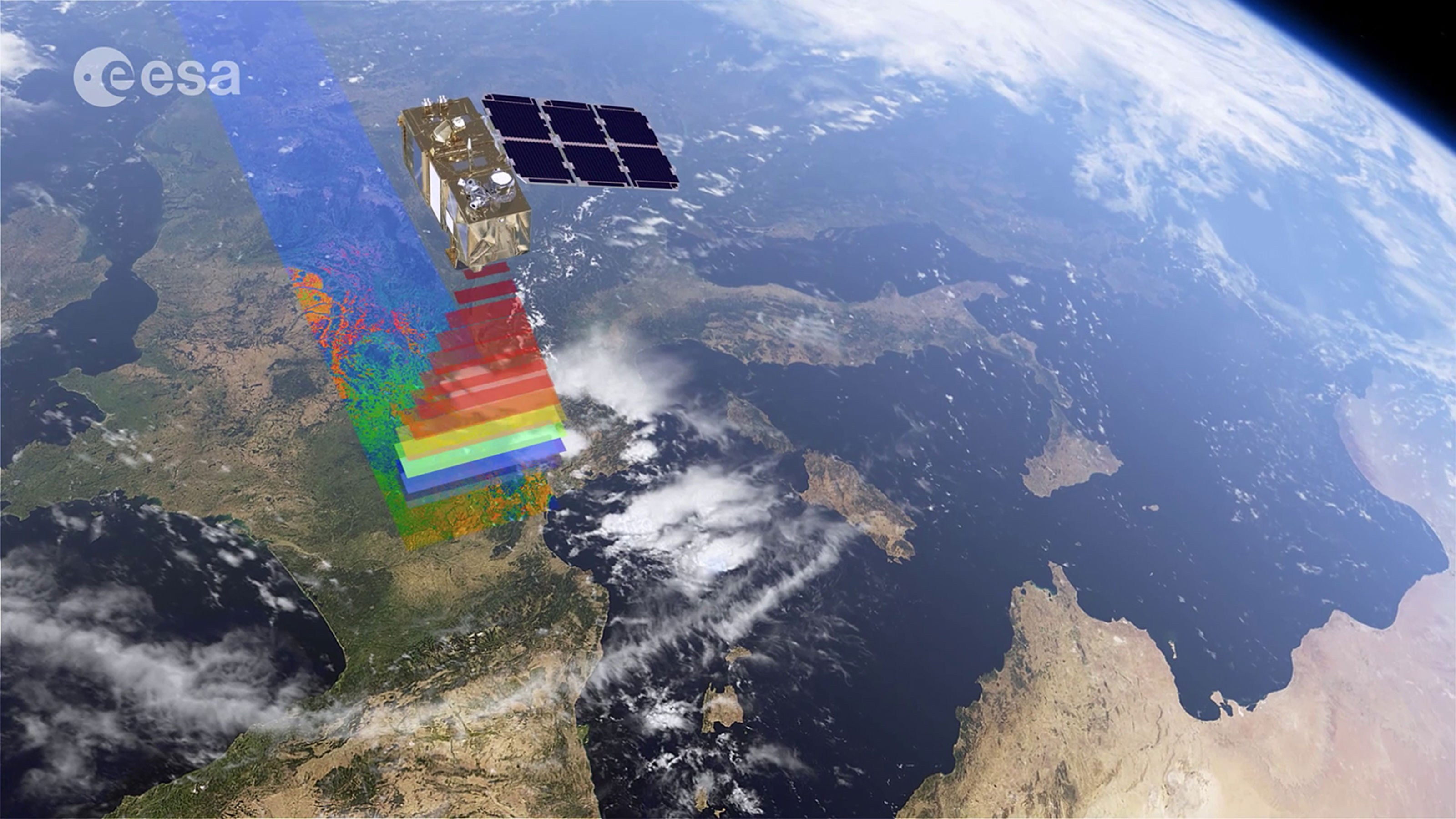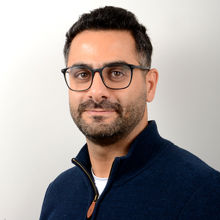MINEYE is an Innovation Action under Horizon Europe Cluster 4: Digital, Industry, and Space, and has been awarded a 5.8 Million EUR project grant. It responds to the call topic "HORIZON-CL4-2023-RESILIENCE-01-06: Earth Observation platform, products and services for raw materials".
MINEYE aims to secure future access to EU raw materials using Earth Observation data and environmentally-friendly exploration approaches. The project work focusses on near-mine exploration and optimization of mineral extraction from primary and secondary deposits using cutting-edge data fusion methods. By unlocking the potential of Earth Observation data, including Copernicus, commercial satellites, upcoming hyperspectral missions, and airborne as well as in situ data, MINEYE will solve specific needs within the mining value chain.
Access to critical and strategic minerals and metals
The MINEYE project’s overall ambition is to increase access to critical and strategic minerals and metals in Europe with full consideration of environmental and social aspects, by providing the mining industry with proven and validated solutions for the uptake of Earth Observation data and technology.
MINEYE will strengthen EU autonomy in primary and secondary raw materials, while also reducing the environmental impacts of mining.
The challenge of reducing the environmental impacts of mining will be achieved by developing these Earth Observation methods for the entire mining value chain. MINEYE aims to develop innovative and competitive technologies for the mineral exploration, operational, closure, and post-closure stages.
Pilot sites
The technologies will be demonstrated at pilot sites in Europe, in a variety of mining contexts, from greenfield to brownfield, to secondary deposits, and at different phases of the mining life cycle. The MINEYE pilot sites include:
- Iberian Pyrite Belt, Spain
- Norrbotten ore province, Sweden
- Mines in Italy and Albania

Funded by the European Union. Views and opinions expressed are however those of the author(s) only and do not necessarily reflect those of the European Union or HaDEA. Neither the European Union nor HaDEA can be held responsible for them.


